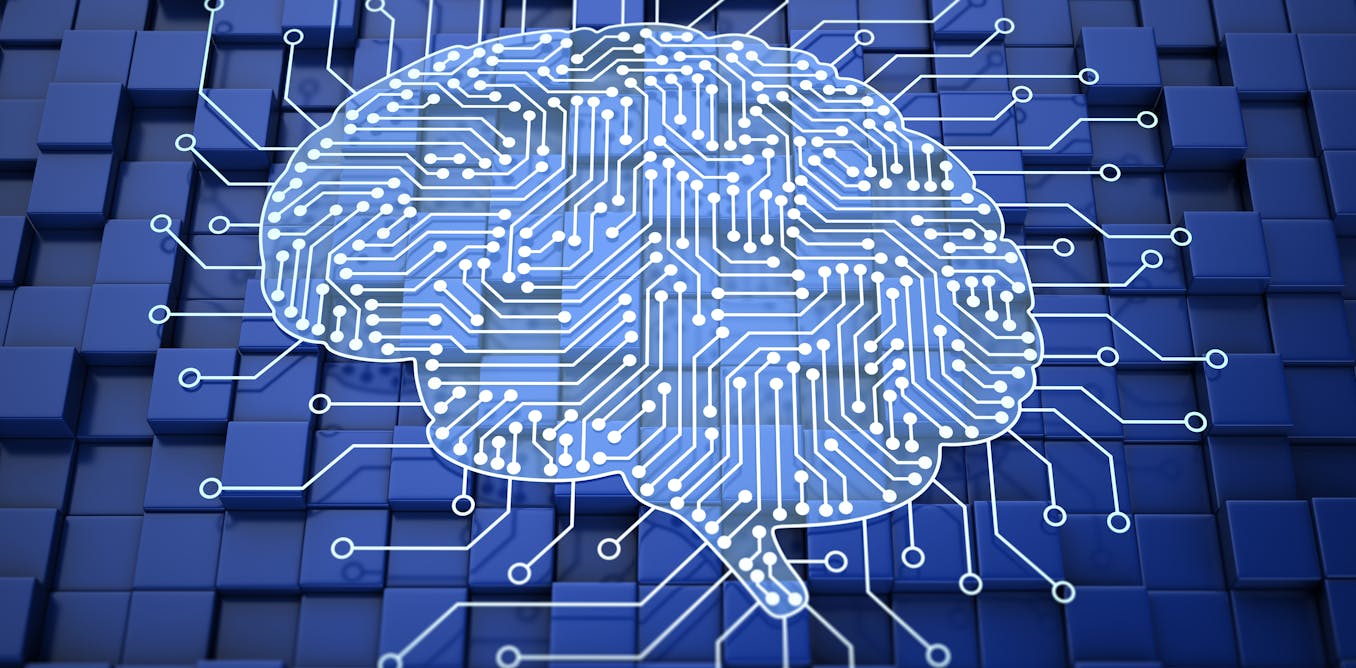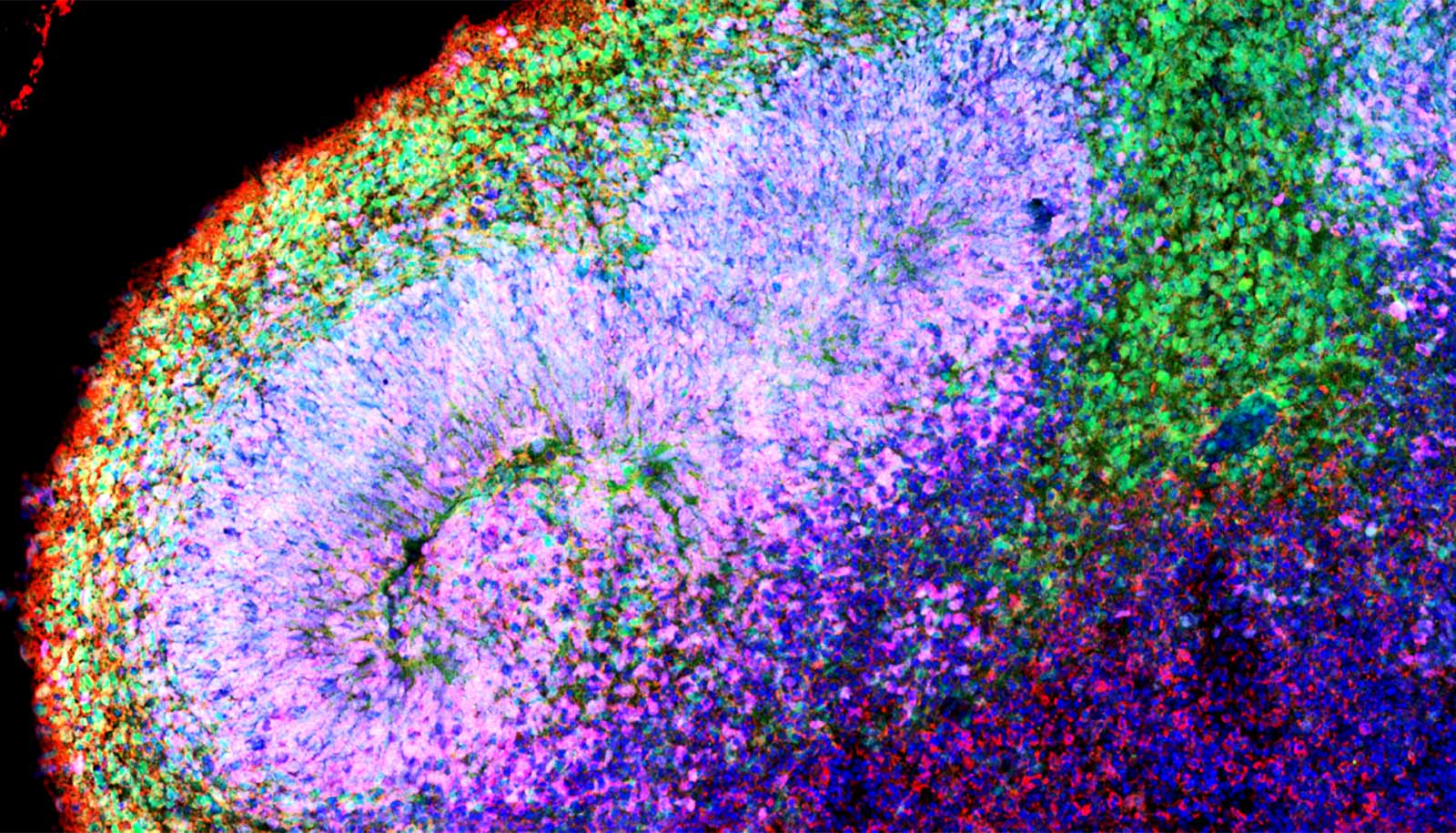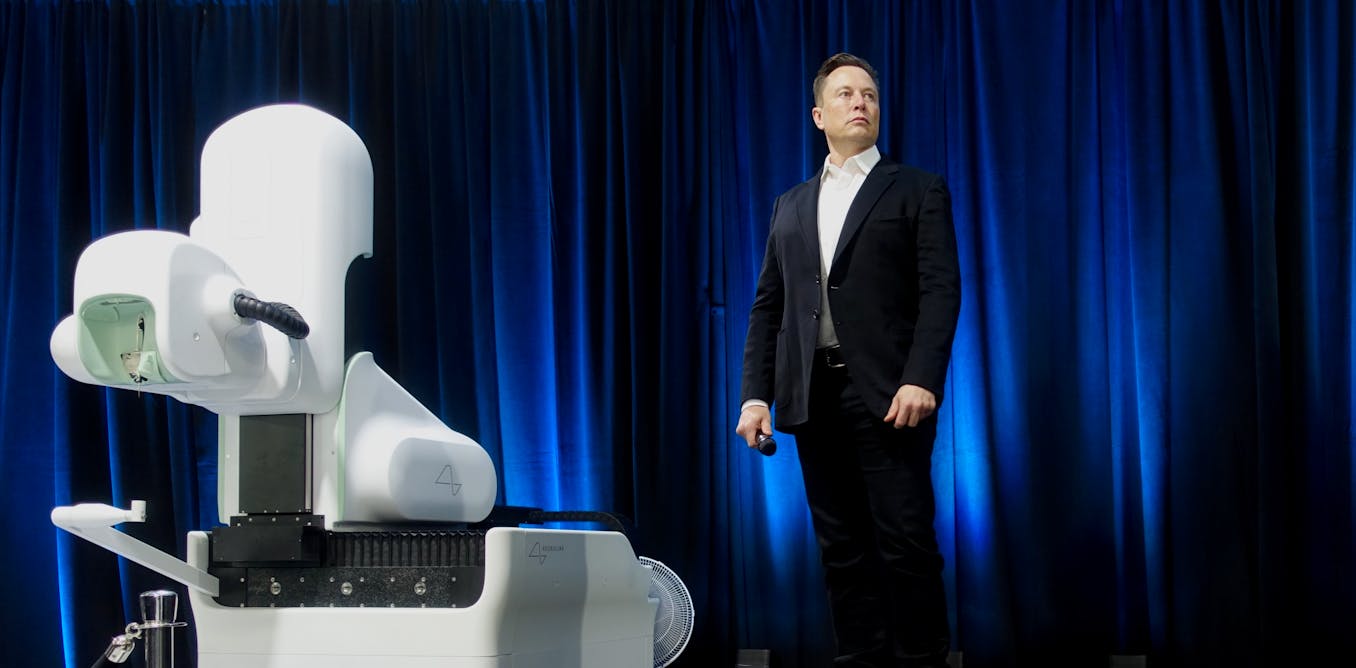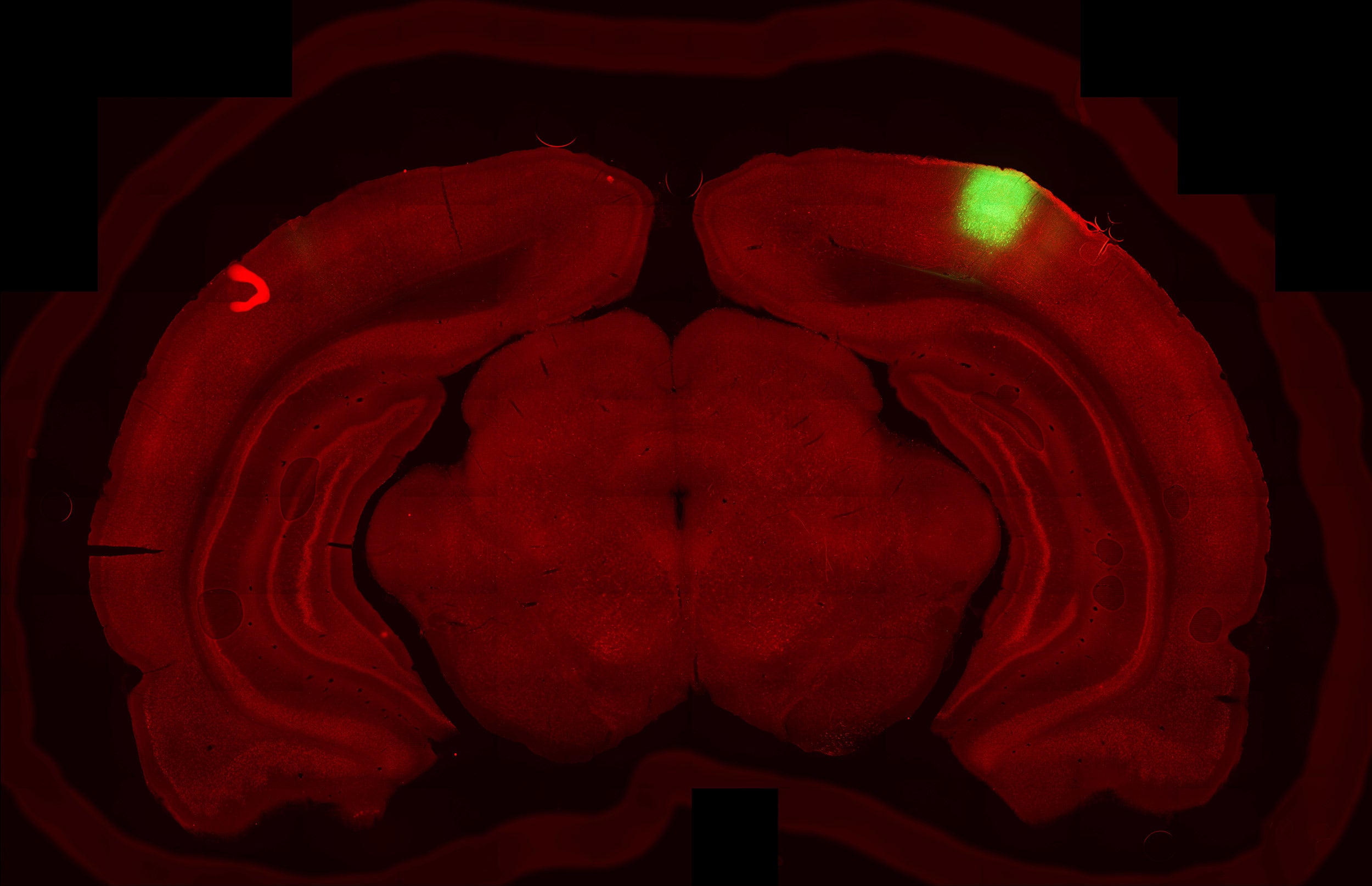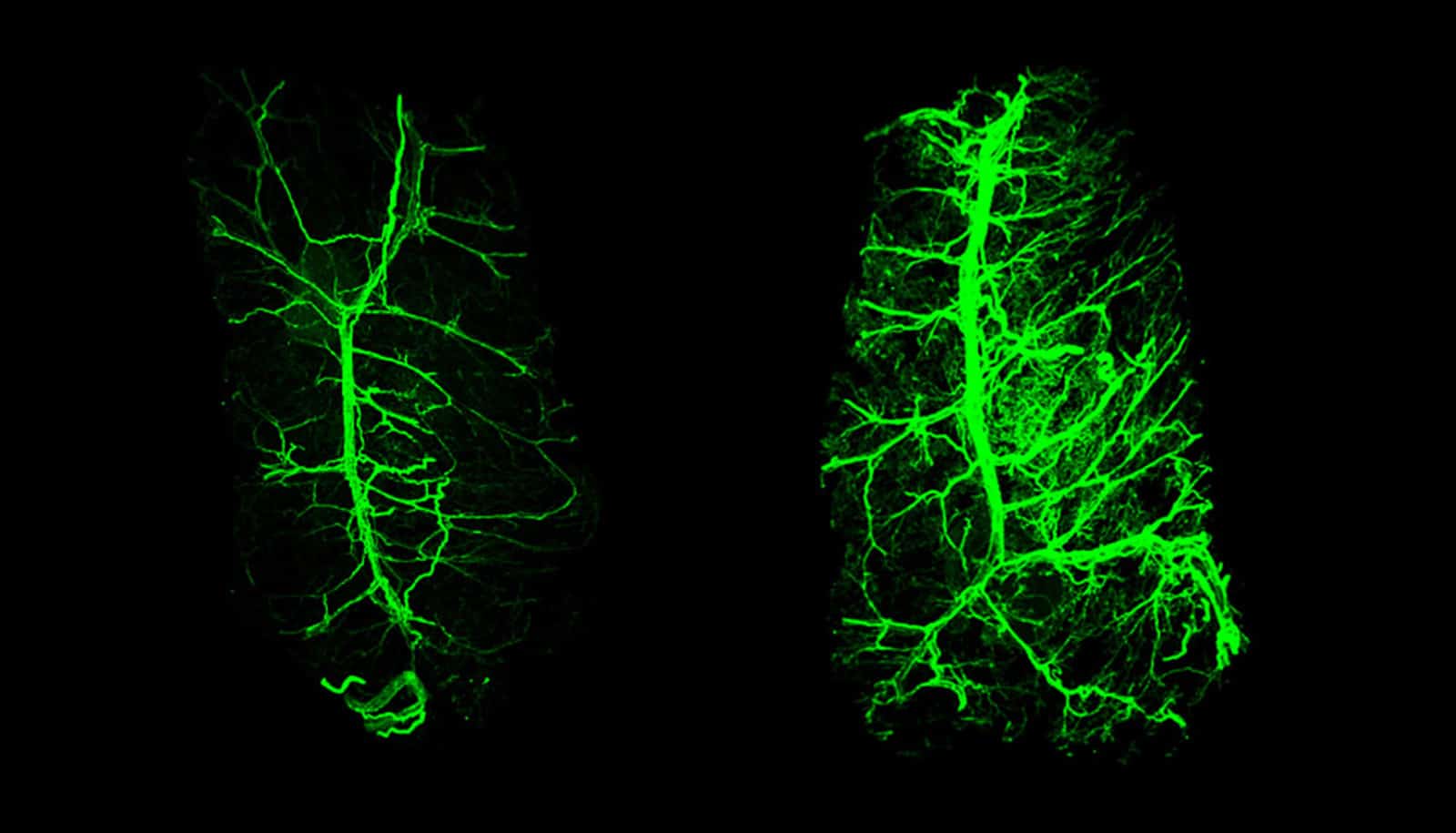Neuronlike circuits bring brainlike computers a step closer
Artificial brains are far in the future, but computer chips that work like brains could keep computers advancing when today's silicon transistor chips reach their limit.
Oct. 5, 2020 • ~5 min

